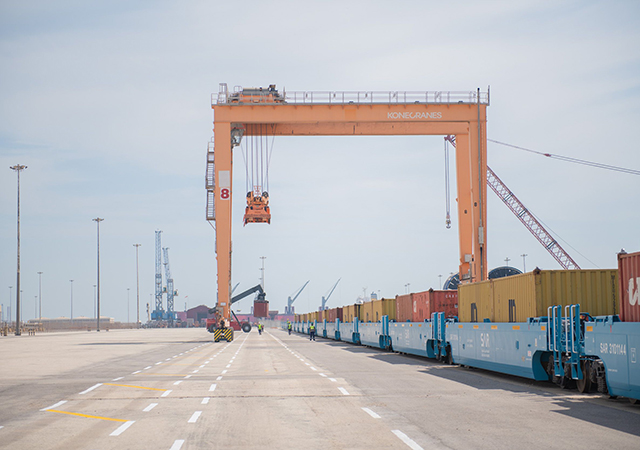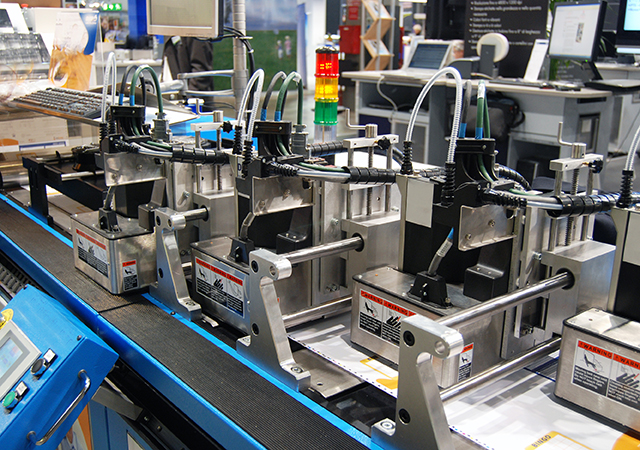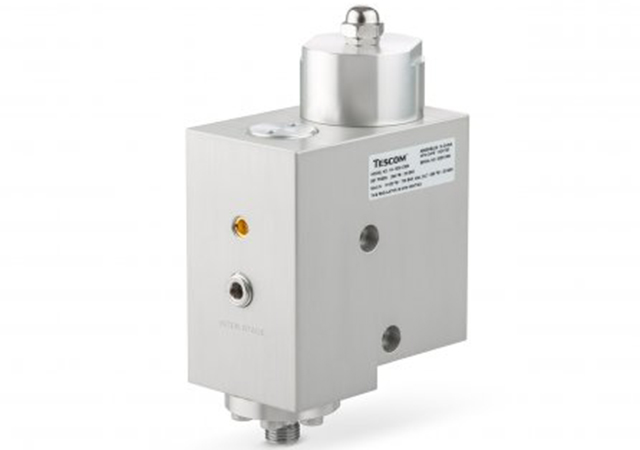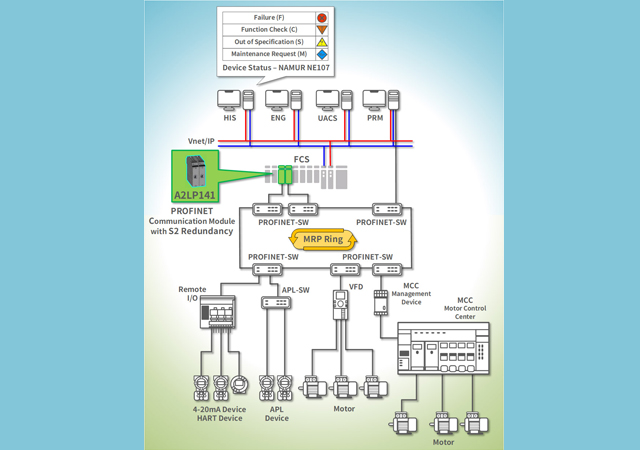
Arla Foods has reported that its half-year 2006 profits of $41 million are approximately $17 million below budget.
However, the company added the performance was in line with the forecast prepared at the start of the crisis caused by the boycott of Danish goods following the publication of cartoons offensive to Muslims in the Danish press.
Sales have now returned to pre-boycott levels in most Gulf states with the exception of Saudi Arabia, Arla Foods’ largest market in the region. Sales in the kingdom were sluggish albeit with a slight increase.
“Reports from the market confirm previous expectations that Arla Foods faces a loss of earnings in the region of $69 million,” says group finance director Jørn Wendel Andersen.
The company has commissioned a pan-Arab television campaign in its bid to bring back customers to its shelves. It is still talking to Saudi political and religious leaders towards restoring market share.
But elsewhere, Arla had good news. Sales of its Lurpak butter are expected to treble in Australia this year. To meet demand, 10 containers containing the butter were recently dispatched ”down under”.
“As Lurpak is three times as expensive as local butter, our customers doubted that our products stood a chance in Australia,” said sales manager Lars Møller Henriksen, who is based in Kuala Lumpur, Malaysia. ”Nevertheless, the excellent taste has won them – and Australian consumers – over.”
Lurpak arrived in Woolworths last year and is now listed with the Coles chain. By far the biggest in Australia, the two multiples between them account for around 80 per cent of the retail sector. The breakthrough means that last year’s Lurpak sales in Australia of approximately 100 tonnes are expected to rise to 300 tonnes this year.
The company also says that Americans are eating Danish havarti cheese faster than Arla Foods can make it for them, helping it to build a better foothold across the Atlantic.
Some Havarti product lines have increased sales by more than 1,000 per cent, according to Lau Andersen, product manager for Arla Foods in the US.
“This is far above expectations, and demand is now so great that we are out of production capacity and have to turn away customers,” he said.
The success is another sign that Arla is building up its presence on the US dairy market.

















